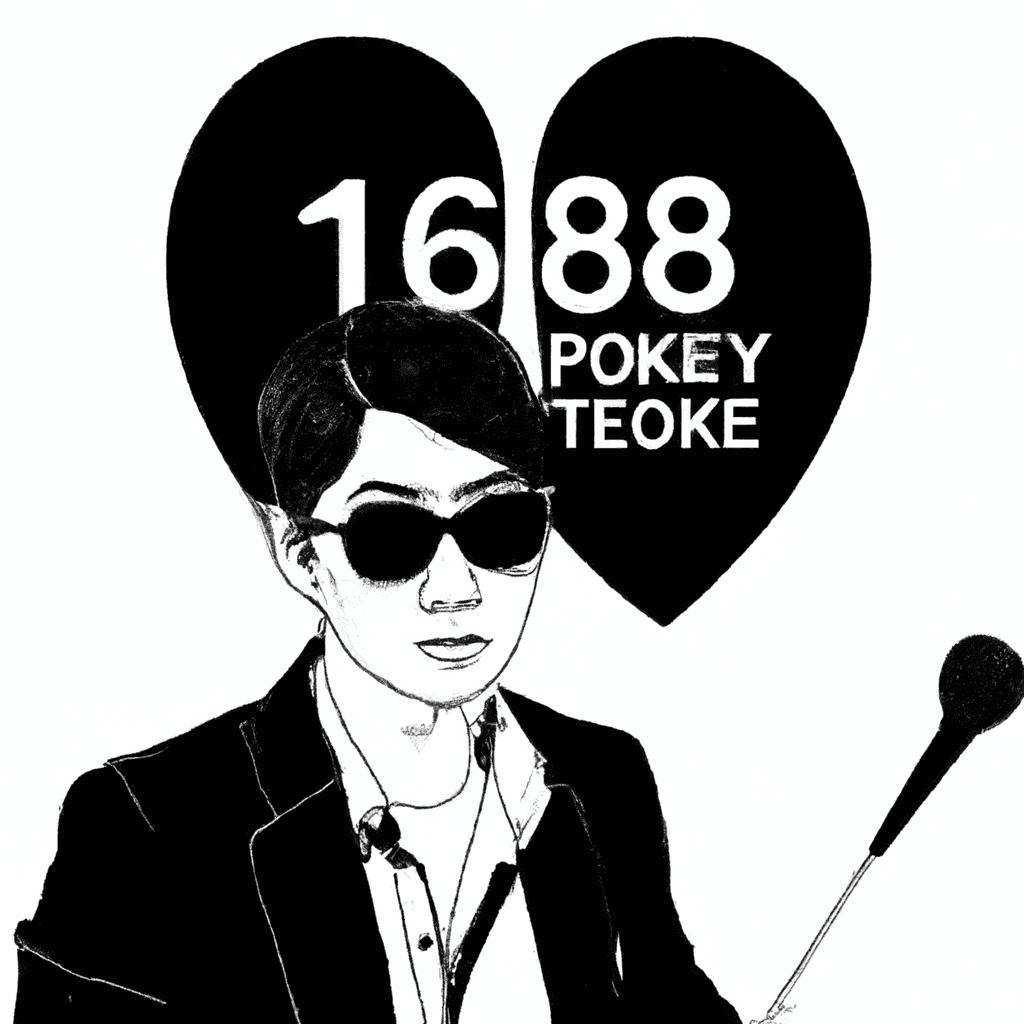The Surge of Protest in South Korea: K-Pop Stars and Political Turmoil
How Girls' Generation and Yoon Suk-yeol's Impeachment Challenges are Shaping the Nation’s Youth

In recent months, South Korea has been the stage for a remarkable blend of K-Pop culture and political activism, with the spotlight firmly on President Yoon Suk-yeol and the escalating calls for his impeachment. As a symbol of youth rebellion and social change, K-Pop groups, notably Girls' Generation, have found themselves intertwined with the country’s political narrative.
The emergence of protests advocating for Yoon's impeachment reflects deep-seated frustrations among the South Korean populace, particularly the younger generation. Many youth view Yoon's administration as disconnected from the pressing issues they face, including economic inequality, the rising cost of living, and youth unemployment. These sentiments have spurred protests across the nation, galvanizing citizens to take to the streets.
Girls' Generation, one of the most iconic K-Pop girl groups, has long been a cultural touchstone in South Korea. Their music and influence extend far beyond mere entertainment, resonating with fans who look to them as role models. Recently, the group has also expressed support for various social issues, further intertwining their legacy with the call for political reform.
This unique intersection of pop culture and politics highlights the younger generation's desire for change. Many fans have participated in protests, showcasing banners with the names of their beloved idols alongside slogans demanding accountability from government leaders. The visibility of these protests, aided by social media platforms, has caught international attention, underlining the global influence of K-Pop.
The movement to impeach Yoon Suk-yeol is not without its controversies. Supporters argue that he represents a stagnant status quo, while detractors believe that his leadership is essential for the country’s growth. Nevertheless, the protests signify a critical moment in South Korean democracy, as citizens exercise their rights to express dissent.
As the political landscape evolves, the role of K-Pop in shaping societal discussions cannot be overlooked. Girls' Generation and others serve as conduits for change, merging their musical impact with a message of empowerment and reform.
In conclusion, the protests against President Yoon Suk-yeol are more than mere political movements; they signify a cultural awakening among South Korea's youth, propelled by the influence of K-Pop. With figures like Girls' Generation at the forefront, the nation is witnessing a dynamic interplay of music, culture, and political activism that may redefine the future of Korean politics.